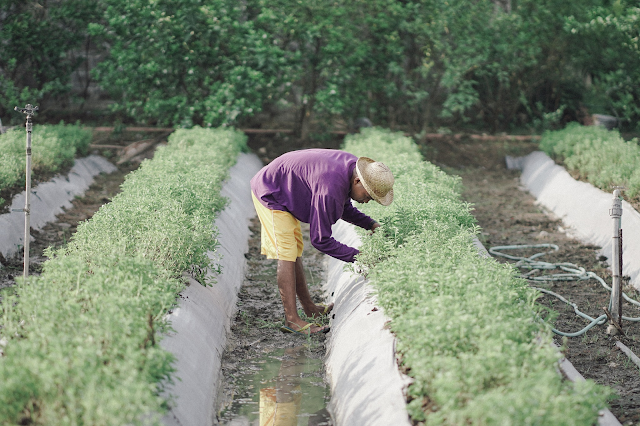Sugar
shortage? Make life sweeter with Stevia!
The country has been
undergoing a sugar shortage for the past few months, causing sugar prices to
soar. The price surge of this kitchen staple has affected the purchasing power
of Filipinos, who are already having difficulty coping with inflation. Given
how sugar is a key ingredient in most dishes, many people have struggled to
make their lives and dishes sweeter.
Fortunately, there’s
a healthy alternative that can help solve Filipinos’ sugar woes. Stevia is a
natural sweetener derived from the leaves of the Stevia rebaudiana plant. It is
300 times sweeter than sugar but has zero calories and does not cause spikes in
blood sugar levels. It is better than chemical-based artificial sweeteners
because it does not have any aftertaste or carry potential health risks.
This wonder plant can
be used for baking, as a food enhancer for cooking, and to sweeten hot and cold
drinks without guilt. What’s great about Stevia is how it sweetens food and
beverages naturally, unlike sugar which has been linked to obesity and
diabetes. Moreover, Stevia is considered nonglycemic, meaning it does not
affect one’s blood pressure levels.
Given these health
benefits, swapping Stevia with refined sugar can be a complete game changer for
people who want to make healthier food and beverage choices and maintain a
healthy weight range.
Understanding
Stevia’s potential to address Filipinos’ sugary dilemma, Glorious Industrial
& Development Corporation (GIDC), also known as the Stevia Company,
launched a lineup of naturally-sweetened and healthy beverages. GIDC, the
Stevia Company’s line-up of products under its Glorious brand, includes the
Glorious 3in1 Premium Coffee and Glorious Iced Tea Mixes and the Sweet &
Fit Stevia Tea.
“We understand how
important sweetness is to Filipinos’ taste palette,” said Ms. Au De Leon,
president, and CEO of GIDC, The Stevia Company. “By making Glorious available
nationwide, we want to empower more Filipinos to discover a healthier way to
make their lives sweeter.”
The company’s latest
products are not only good for one’s body, but they taste great too. Hence,
people don’t need to sacrifice flavor to care for their health. All Glorious
beverages are sweetened with Stevia, and every teaspoon of Stevia is equivalent
to three teaspoons of refined sugar.
Glorious Premium 3in1
Coffee Mix is a delicious coffee blend sweetened with Sweet & Fit Stevia.
It is recommended for people with sugar-related concerns, weight watchers, and
other health-conscious individuals. Sweet & Fit Stevia has zero calories,
zero fat, zero sodium, zero carbohydrates, and zero cholesterol.
People who want to
control their sugar intake can now sweeten up their lives and favorite fruit
teas with Glorious Iced Tea Mixes. This product comes in three flavors: Red
Berries, Lemon, and Cucumber. Meanwhile, Sweet & Fit Stevia Tea can be used
to make other hot or cold beverages together with non-dairy milk or fresh
fruits for a healthy little pick-me-up.
For more information
about stevia, visit www.glorious.com.ph and www.sweetandfitstevia.com.


Comments
Post a Comment